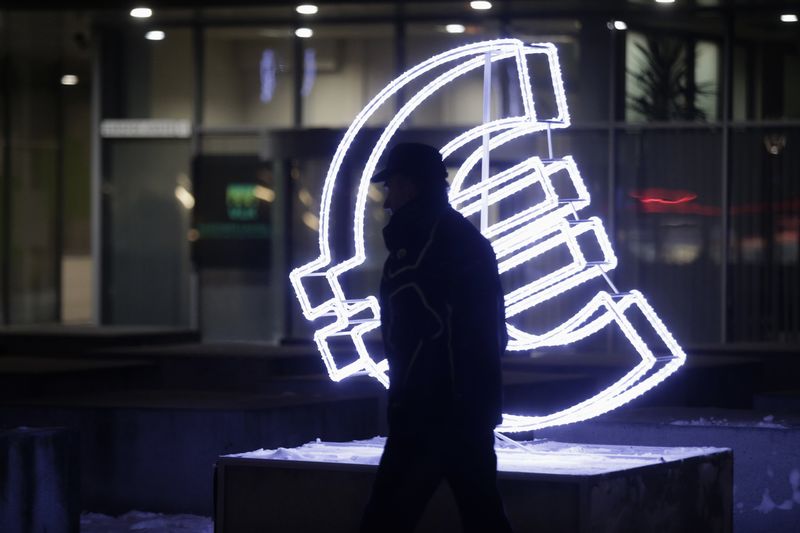(Bloomberg) -- The European Central Bank’s latest stimulus salvo is failing to spark animal spirits, with investor sentiment in the region falling to the lowest level in more than six years.
The Sentix economic index for the euro area dropped to -16.8 in October, the weakest level since April 2013. The slump comes just weeks after the ECB cut interest rates and decided to restart bond purchases, adding fresh evidence that investors may be losing faith in the central bank’s ability to boost economic growth.
“Fears of recession are and remain immanent,” Sentix managing director Patrick Hussy said, drawing particular attention to a continued slide in investors’ assessment of the current situation. “The central bankers have not succeeded in breaking the downward spiral with the measures taken so far.”
Economic indicators are flashing red as a slump in manufacturing, which started as a temporary obstacle to growth last year, increasingly affects domestic demand. Germany, once the engine of the 19-nation euro area, has probably fallen into recession and momentum in the rest of the region is faltering.
Policy makers at the ECB have called on European governments to step in with fiscal support, arguing that monetary stimulus alone can’t deliver the necessary boost. Yet governments have been reluctant, with Chancellor Angela Merkel’s administration indicating that the situation has to deteriorate before significant aid will be unlocked.
“There is a lack of awareness on the part of politicians and the public that quick answers must be found in order to counter the pace of the downturn,” Hussy said. “Monetary impulses are expected to produce wonders that they are increasingly no longer able to achieve on their own. The reaction of investors to this is clear.”
